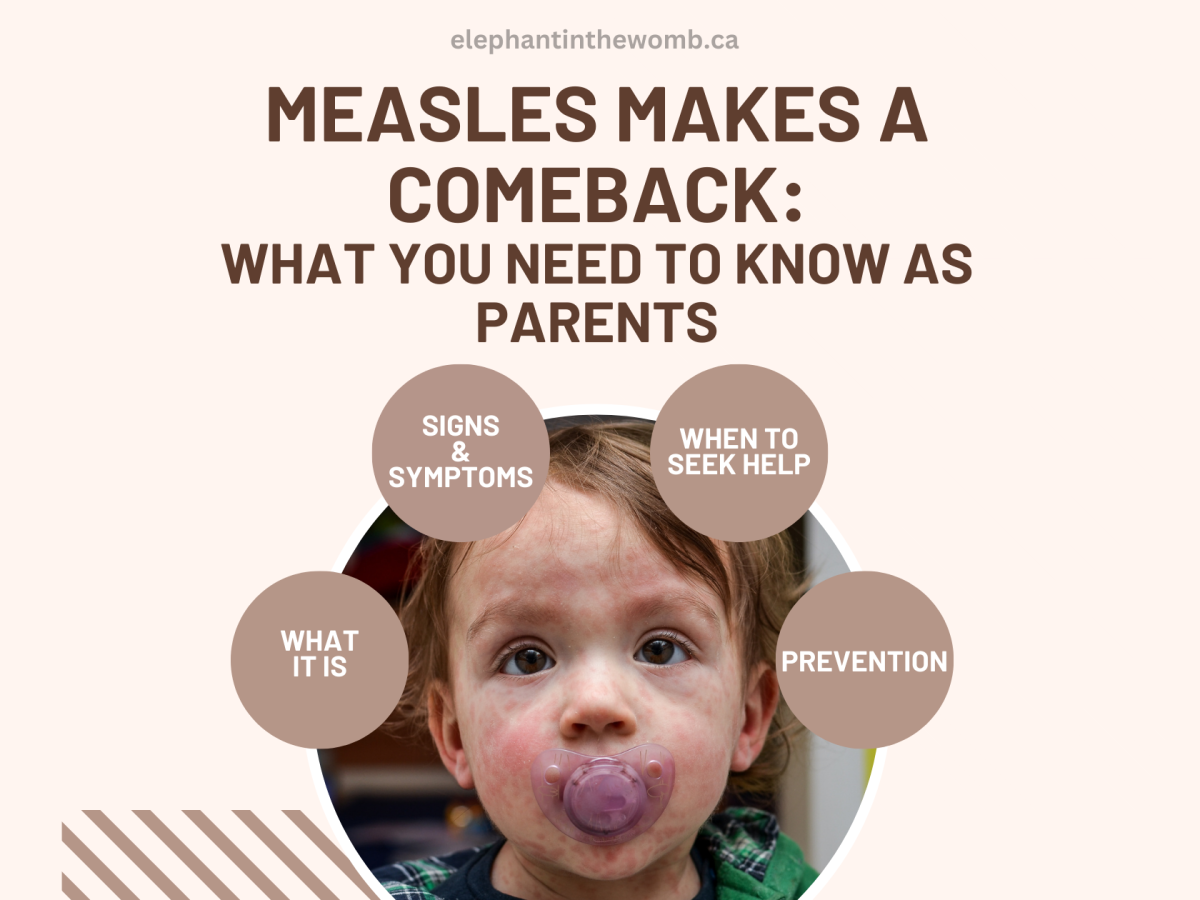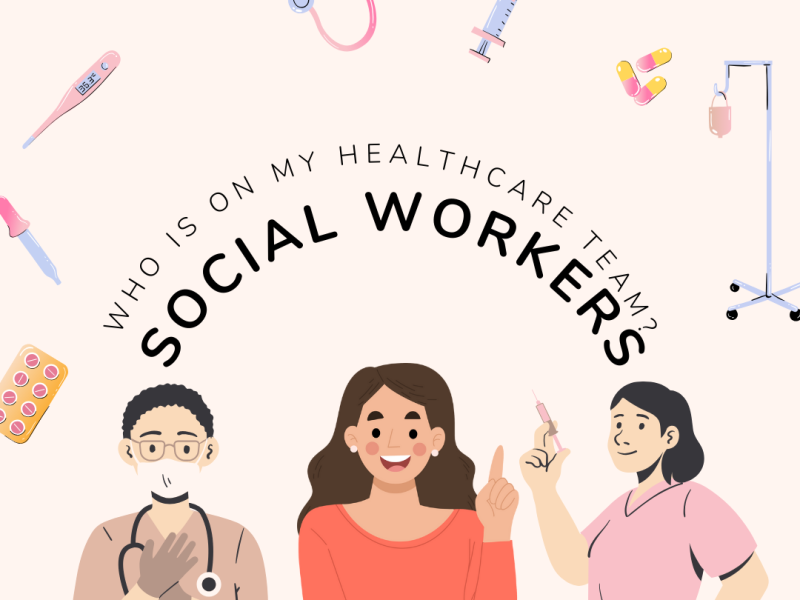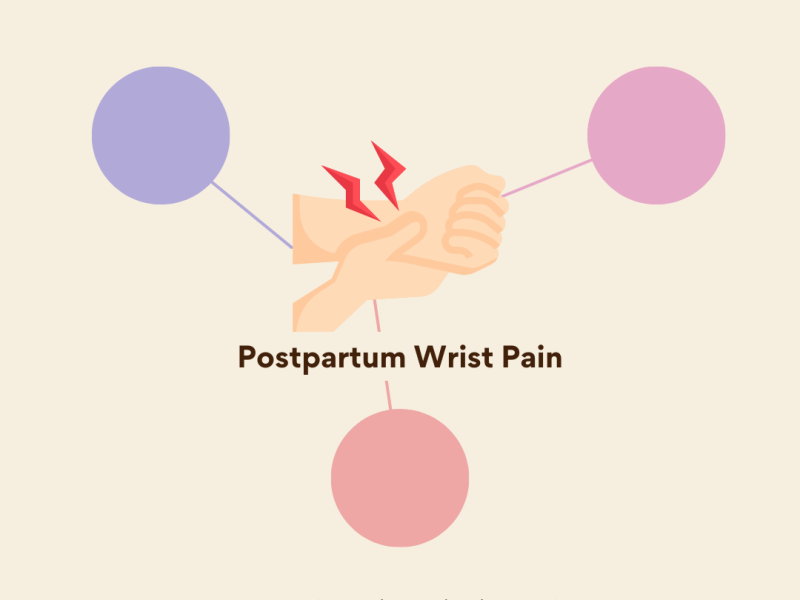Acetaminophen recently caused quite a stir on Twitter (specifically mom Twitter, but also somewhat recently on Medtwitter when the acetaminophen use in pregnancy topic came up) so I thought this would be the perfect opportunity to take a better look at the current evidence around acetaminophen (Tylenol), its potential risks, and uses in children. Perhaps expect a separate post in future on its use in pregnancy.
Note: I will use the generic drug name acetaminophen in this post, instead of Tylenol.
For reference, please see my previous posts on misconceptions around fever in babies and children, as well as my post on thermometers.
Disclaimer: this blog is not medical advice. It is for informational purposes only. Please seek medical advice from your healthcare provider.
What is acetaminophen and what is it used for in children?
Let’s start here, because to understand the evidence and the risks we need to understand what acetaminophen is and what its uses are in children specifically. This will not be exhaustive by any means. Good resources for more information are your provider (for specific uses) and a pharmacist! I’ve also included a few links below.
Acetaminophen is the generic drug name for what most people known as Tylenol. It is an over the counter drug – meaning for the sort of “regular” dose, you don’t need to get a prescription from a doctor. It is a pain reliever and an antipyretic (its used to treat fevers). Both these are reasons for its use in infants and children.
Acetaminophen can be safely given to children at the recommended dose. Increased doses beyond recommendations (which are found on the bottle or for younger infants/specific circumstances, from your healthcare provider) based on the child’s weight can cause liver damage or hepatotoxicity. In rare and severe cases of overdosing, this can lead to death.
In terms of how acetaminophen works in the body, check out the Stat Pearls page.
What are the risks of acetaminophen and is it safe?
I was surprised to see that many people did not know that overuse or overdose of acetaminophen causes hepatotoxicity (liver damage) – but I suppose it isn’t really surprising since it isn’t widely discussed. We almost need a high school level starter course on over the counter drugs!
Again – a good resource on drugs is always your pharmacist. Drug bottles and inserts will also include some information, but sometimes it can be overwhelming to process (and keep in mind they generally include the side effects that occur during clinical trials, even when they may not be caused by the drug – each country will deal with this differently, so check your national drug advisory/administration).
Some people also like to read reported effects on your country’s reporting database, but keep in mind that these sites come with bias and similarly, don’t prove causality. Someone could take a drug one day and have a heart attack the next. They may report this as a side effect, but whether the drug caused it will not be known. Don’t get me wrong – the system has a lot of value. It just needs to be understood that every listed report is not necessarily an expected or directly related “side effect”.
Now, we’re talking specifically about children and one of my favourite resources for children’s health information online is Sick Kids’ AboutKidsHealth.
As always, before giving a medication you should always look for contraindications or risks – these will likely be known to you if your child has a chronic illness, but may be new to you in the case of allergy for example. Liver disease, some kidney problems, and phenylketonuria (you will be offered a test for this for your baby in the first few days of life) are conditions in which the administration of acetaminophen should be discussed with your provider. Again – this is not exhaustive, and your best resources are your provider & your pharmacist. Children with allergies to the drug should also, of course, not receive it – concerns or process, or alternatives, should be discussed with your primary care provider (or jointly with an allergist, specialists, etc.).
SickKids notes that with normal use – meaning giving the recommended dose and not overusing the drug – there are minimal side effects to acetaminophen.
If side effects do occur, you should go to the ER. Side effects that may indicate a need for this are: diarrhea, stomach pain, any signs of a reaction (rash, itching, hives, swelling of lips, etc), perfuse sweating or jaundice (yellowing of the skin or the whites of the eyes).
If you think you have given your child too much acetaminophen or they have got into the drug, call your local Poison Control and/or attend ER.
Studies on Acetaminophen & Children
I saw some citations for studies on infant use of acetaminophen and asthma/allergy risks – notably, this study from 2015 I am going to discuss is looking at associations between these two things. Not whether acetaminophen causes asthma. This simply would not be an ethical study purpose – to test for causality, studies need to be done in a controlled environment. This study of course, did not do that – it was a longitudinal cohort study, meaning it followed participants over a period of time and gathered data. These types of studies can’t prove one thing caused another, but they may provide evidence of a relationship or association. If the evidence is strong, other people may pursue more studies which contribute to a growing body of literature on the topic and may eventually lead (in some cases) to a more controlled study.
If you actually read this study – which I realize is a privilege, because studies aren’t always open access – but even if you just read the abstract, you will see that the authors actually found that when they took into account or “controlled for” respiratory illnesses, the association that was seen in previous studies between acetaminophen use and asthma/allergy outcomes was no more. The authors note that most of the previous studies that made this association didn’t consider respiratory illness as a reason for increased use of the drug. Those that did consider it, also found no association. They do note that there may be an increased risk or association between use and asthma development in mid-childhood (vs. early childhood).
This is just 1 study – so it is not conclusive in anyway. It is also from 2015. More research is needed in these areas.
An interesting meta-analysis done in 2021 looked at 18 studies and found that ibuprofen (Motrin or Advil) may actually be more effective for the treatment of fevers and pain – however the American Academy of Pediatrics still recommends not giving ibuprofen under 6 months of age without assessment and advice from a provider. Other studies have found similar conclusions. Notably, this meta-analysis mentions that acetaminophen is associated with asthma symptoms but they link to studies prior to 2015, so a reassessment of the current evidence on this is obviously needed (and may very well exist outside my search terms – but since this analysis is from 2021, I am going to guess that there is no robust, updated studies on the topic).
Another study I found that was interesting, also from 2021, looked at the dosing of acetaminophen by caregivers of children. This study was done in Puerto Rico and found that many parents (almost half the studied population) were not giving the correct dose to their children. The authors suggest a need for more education for caregivers, perhaps by pharmacists! Just something to consider when we think of risks and for healthcare providers reading this – when we think of how we should spend our limited time with new families, for example. Like I said earlier, a basic course on OTC medication administration may be valuable for parents (and beyond)! Hmm..
Safety with the use of Acetaminophen
Risks from acetaminophen seem to come from prolonged/chronic use, and overdosing. So, prevention and avoidance of these issues is key to using the drug safely with your child for the purposes for which it is intended (pain and/or fever). If you ever need guidance – check with your provider, a nurses line, or your pharmacist.
Tips for safe use of acetaminophen with children:
- – Make sure you buy infant or children’s acetaminophen as it applies to your situation (the two in liquid form are the same drug) – the dosing and type of acetaminophen (liquid, tablets, etc) can be found on the AAP website or Government of Canada’s website, and also on the bottle and insert for the medication. You should also refer to your providers guidance and/or your pharmacists.
- – Follow correct dosing as per sources above! Dosing is based on age but also weight – seek advice from your provider or pharmacist regarding baby’s under 4 months and/or less than 12 lbs in weight. Do not give more than is recommended in 24 hours – record when and how much you give.
- – Be aware of other drugs being given that might also contain acetaminophen to avoid overdosing (cold and flu medications for example)
- – Read labels and instructions; and check expiry dates on medications before you give them
- – Do not use household items to measure medication – use the syringe or cup provided for liquids!
- – Safely store your medications where your children cannot access them to avoid overdose.
Keep an eye out for my next post on ibuprofen!
Additional Resources
Report a Drug Side Effect – Government of Canada





Leave a comment